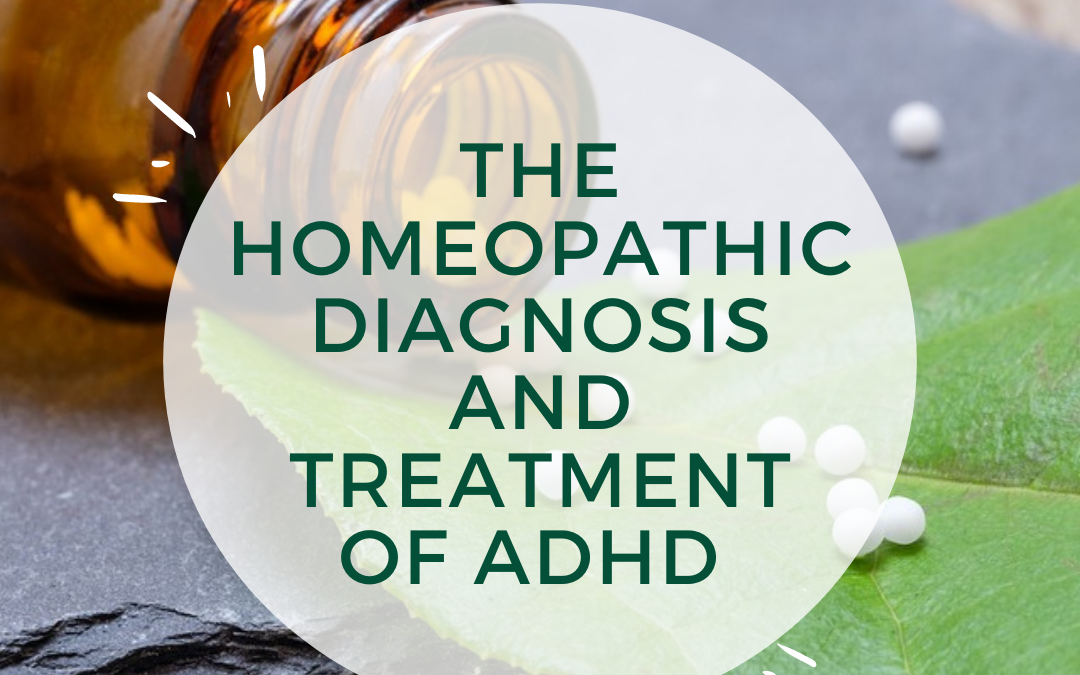
An interview with Dr Jaci Schulz by Dr Hannah Norton
HN: What exactly is the condition known as ADHD?
JS: Since we’re currently in ADHD awareness month, this is a relevant topic for us. First of all, there is a misunderstanding that you have two separate conditions – ADHD and ADD – but, in fact, the DSM criteria (descriptions, symptoms, and other criteria for diagnosing mental disorders) have changed. You only have now ADHD with or without impulsivities. So, it used to be called attention deficit hyperactivity disorder (ADHD) or just attention deficit disorder (ADD), but ADD no longer exists.
So, either you’ve got a kiddie who’s not concentrating who can’t keep still, or you have a kid who’s not concentrating, but can manage to keep still. Both are classified as ADHD.
HN: And what other symptoms might parents be able to identify and look out for with the condition?
JS: A lot of the time, these kids can’t finish tasks. They are easily distracted. They might be irritable. They lose their temper. They might have levels of anxiety, even possibly depression.
HN: It seems to be that it is a condition that predominantly affects boys more than girls. Is there any thought behind why this might be the case?
JS: It’s quite interesting because we know that three times more boys than girls will be affected by ADHD, but we can’t find specific reasons for that. There are quite a few hypotheses. We used to think it was genetic, but that’s been proven not to be true. One of the theories is that it is just a lot more difficult to pick it up in girls, because it presents as a very different complex clinical case.
HN: With this difference of appearance manifestation in different individuals, are there any other conditions or cofactors that could be confused as being ADHD?
JS: Absolutely. We’ve got kids who possibly present with bipolar disorder where they are irritable; there might be a bit of aggression. They’re restless; they’re very talkative. It could be high-functioning autism or perhaps something like Aspergers. Certainly, your hypoglycemic kiddies and patients who’ve gone for too long without eating a low-glycemic meal or by consuming high-glycemic, refined sugar foods can experience a sugar crash. As a result, they become terribly irritable and aggressive, and they just can’t cope in the moment.
And then, of course, simple things are often overlooked – like a kiddie who can’t see what the whiteboard says or where the teacher’s pointing to on a poster because their eyesight is poor. Or they can’t hear, or both. And, quite often, those kids are labelled as the ‘trouble kids’ or the ‘difficult kids’, but it’s actually because they can’t hear or see what’s going on in front of them.
Nutrition is also often overlooked with kids. And because of that, they may have nutritional deficiencies – perhaps extremely low magnesium or low Vitamin B. As a result of that, they don’t have the nutritional capability to perform optimally.
HN: In terms of what a homeopathic doctor would look at in assessing and dealing with a child or, or indeed any individual with ADHD, what would that homeopathic approach entail?
JS: We all want the patient to be well, but the real difference between a homeopathic practitioner’s approach and a conventional practitioner’s approach is that we’re going to look at it from a slightly different angle. If the patient comes in with a diagnosis, we don’t only have one or two or three medications that are applicable for that kiddie. We have to look at what is most suitable for that patient from hundreds of remedies.
So, we spend a good hour with that patient, usually with their parents, going through everything – from their past medical history, the mom’s pregnancy with their child, if there were any traumas, illnesses, vaccinations, even personality temperament issues, right through to the current age they are now. And from that, we try and obtain as much information as possible in order to find the most specific homeopathic remedy to how that child presents.
And the reason I say that child presents is that you can have 10 ADHD children, and each one will have a slightly different way of presenting. Some will be very loud and ‘out there’; others will be more introverted, but they simply can’t concentrate. Some may have terrible nightmares, and still perhaps wet the bed at night. Others will have a voracious appetite and constant diarrhoea at the same time. So depending on how that kiddie patient presents, a homeopath will formulate the script based on that child’s specific needs.
HN: Dr Schultz, you’ve mentioned a lot about children that are affected with ADHD, but there is definitely a rise of adults that are being diagnosed with the condition. Has that been your experience? What sort of an approach would a homeopathic doctor take with an adult with ADHD?
JS: It is quite often that we see adults with ADHD. We’re never sure if it’s because it was never picked up when they were younger, or is it a condition perhaps they developed when they were older? They tend to come in with the ‘simple’ symptoms like poor concentration, but they also know that they can’t finish a task. They are often late for their meetings or just don’t arrive to their meetings. They experience short tempers, irritability that could have associated anxiety, perhaps associated depression with low self-esteem, terrible organisational skills. With all of these put together, you can possibly give them the diagnosis of ADHD.
HN: For those patients that are on a traditional medical approach for ADHD (like Concerta and Ritalin) would something in the homeopathic realm be able to assist, or would there be any contraindications if they’re on their treatment path?
JS: It’s absolutely a hundred percent safe to take a homeopathic remedy in conjunction with any conventional medical approach and any medical drug. The reason for this is that homeopathic medication won’t be contraindicated to a condition or a medication. But in saying that, please don’t think that just because something’s natural, it is ‘safe’; but a herbal or botanical medication is very differently prepared to homeopathic medication. And as a result, it may be contraindicated in a health condition or a medication that child’s already on. So, absolutely the parent must tell the practitioner – be it the homeopathic practitioner and/or their conventional medical doctor – exactly what they’re taking.
HN: For parents or individuals that are looking for a homeopathic practitioner or a homeopathic approach to the management of the condition, where might you be able to direct them?
JS: We always suggest that patients contact a registered homeopathic practitioner because we know that, in South Africa, our homeopathic practitioners are very hard and trained. They spend many years of university learning the diagnostic skills as well as the materia medica. And, because of that, we generally suggest that patients go look on the website, www.homeopathy.org.za to search for a registered practitioner in their area who is able to assist them towards optimal wellness.
[WATCH] The full interview on our YouTube channel.
Visit our website to find a homeopath near you: https://homeopathy.org.za/search.

